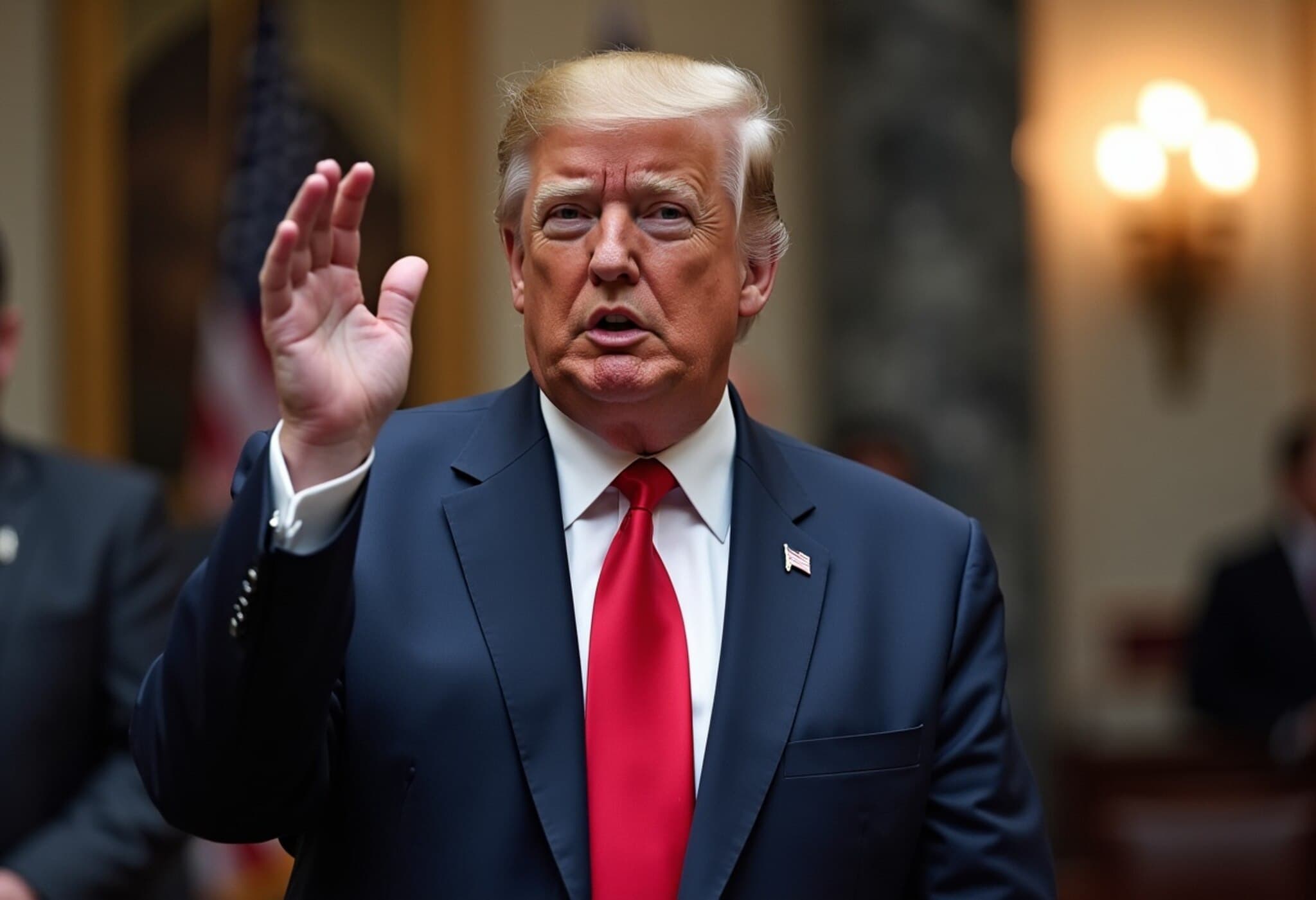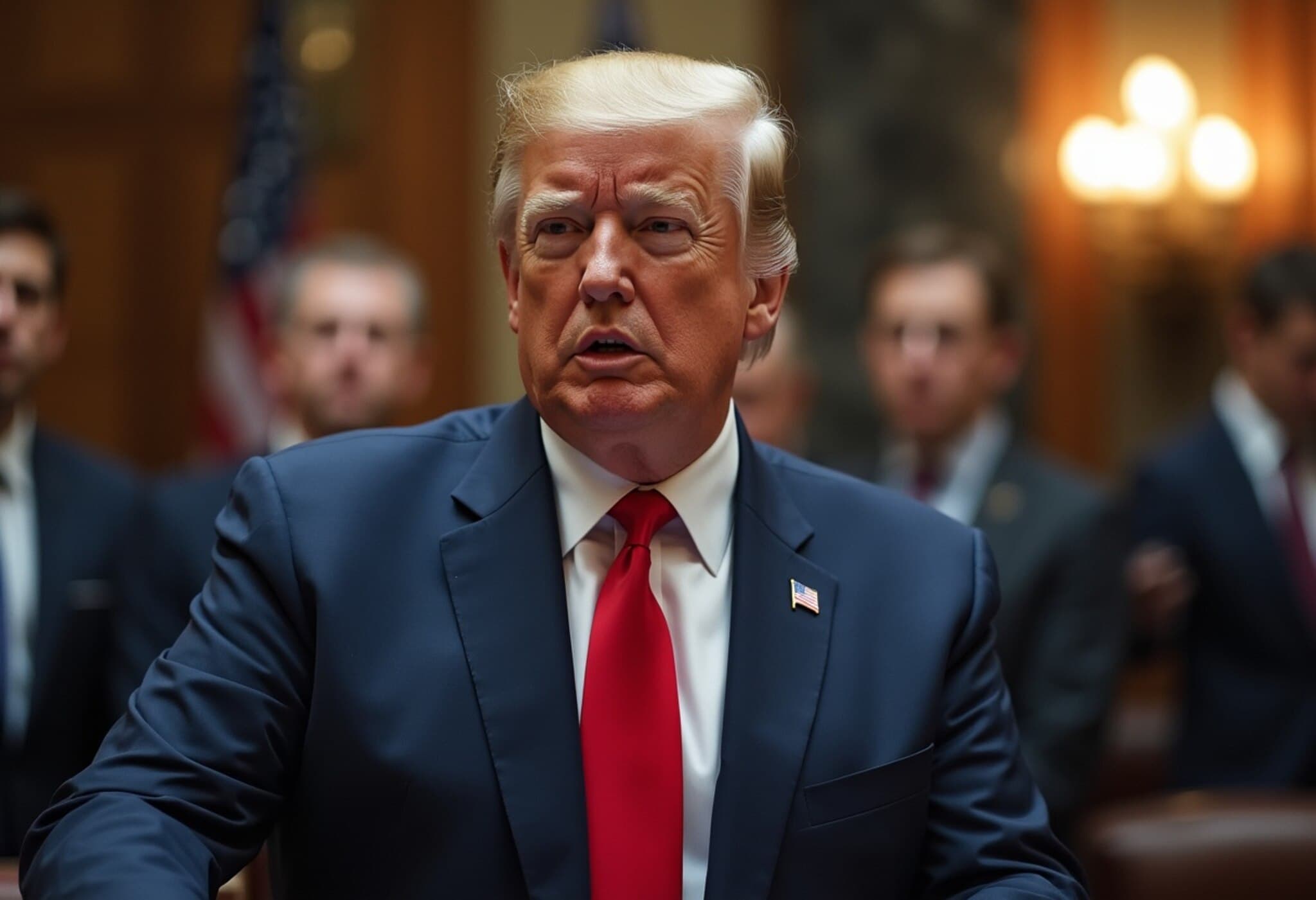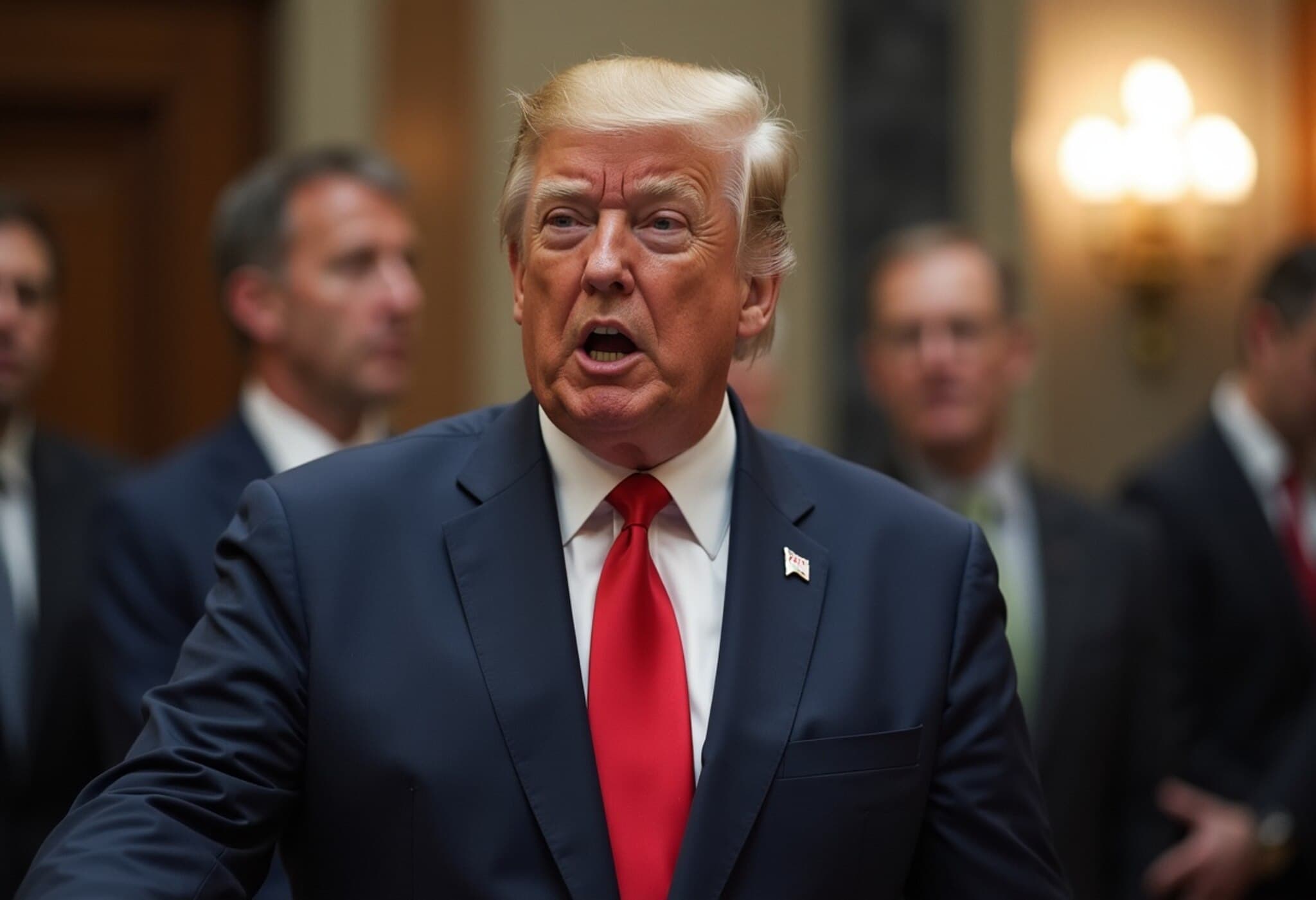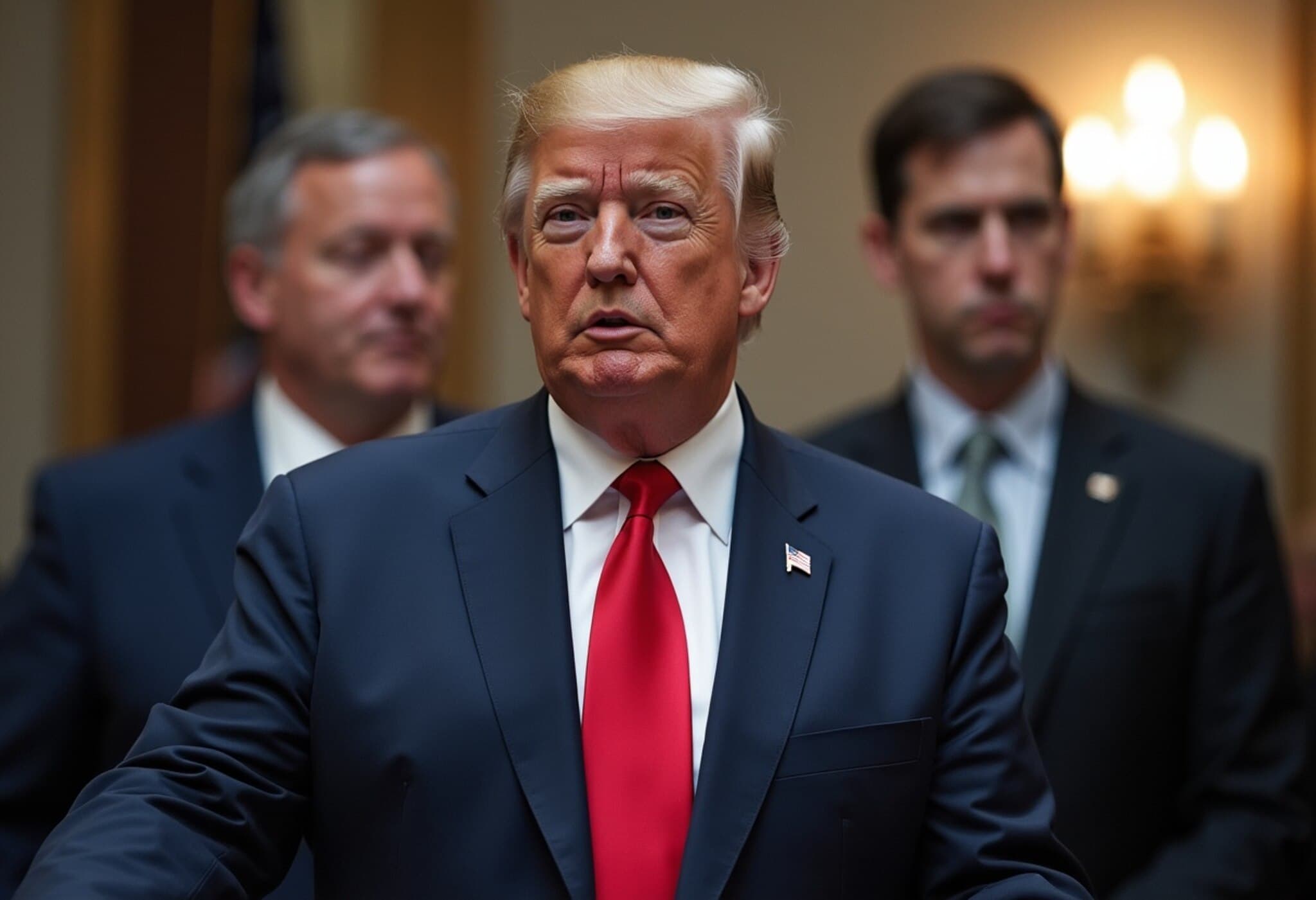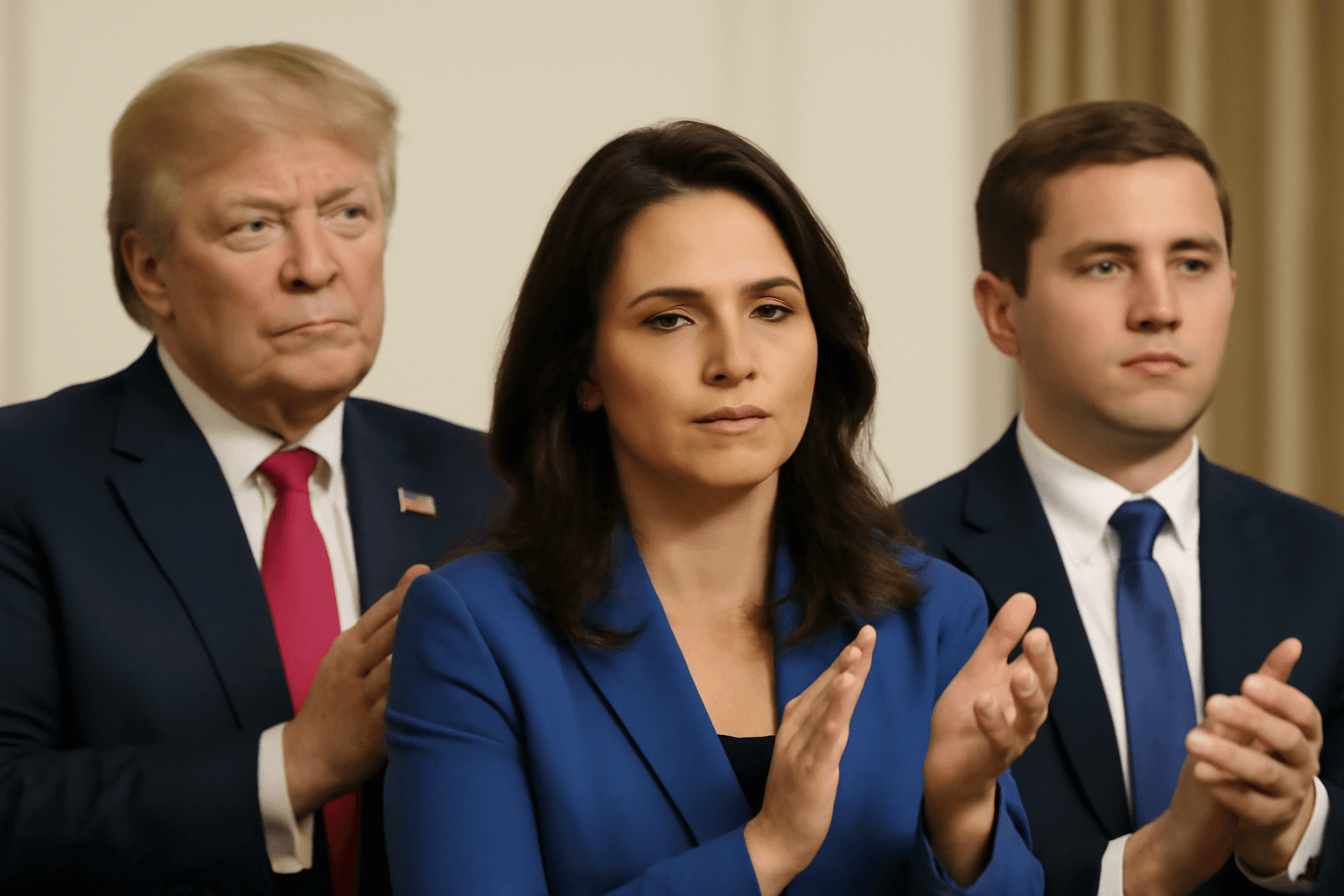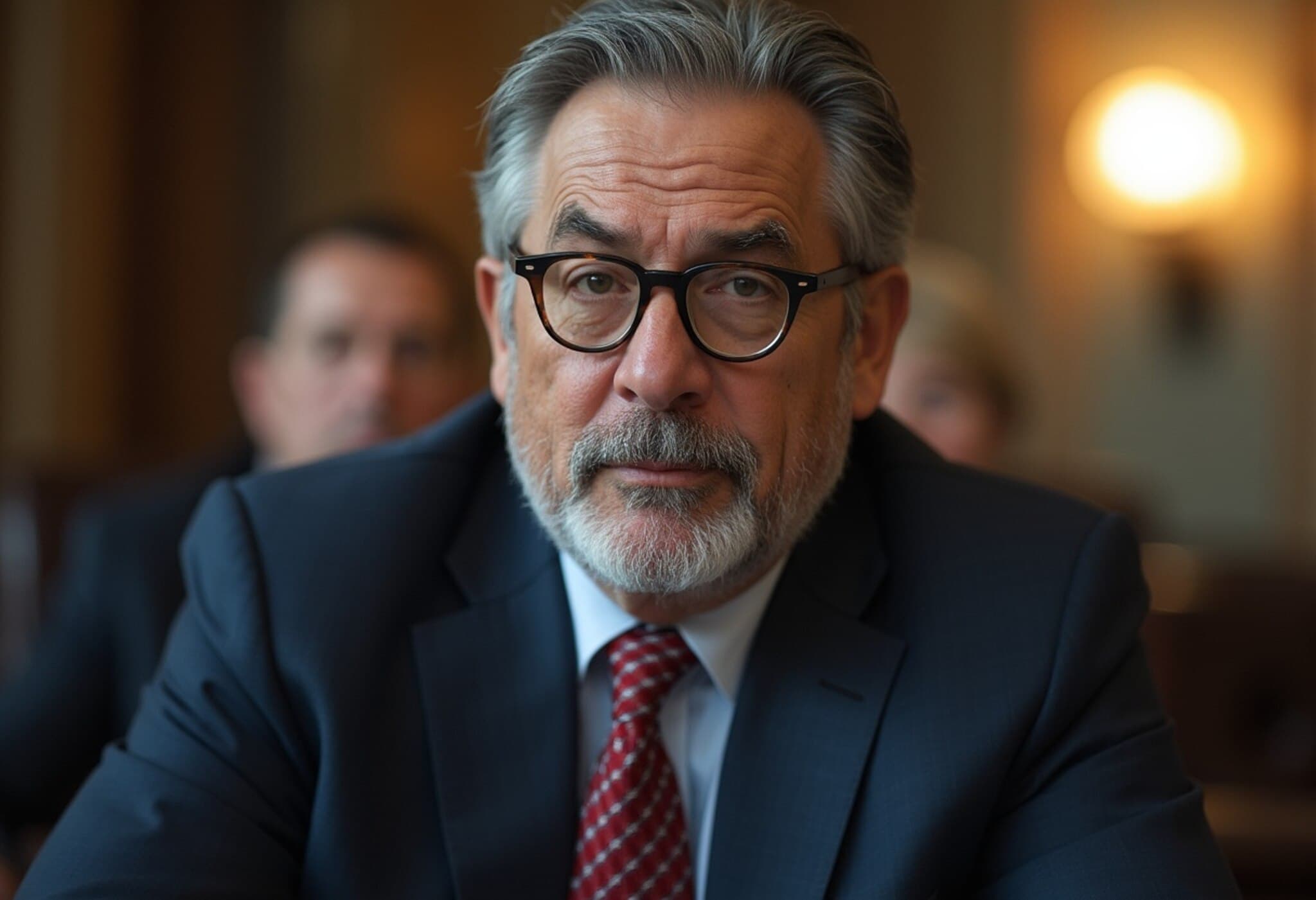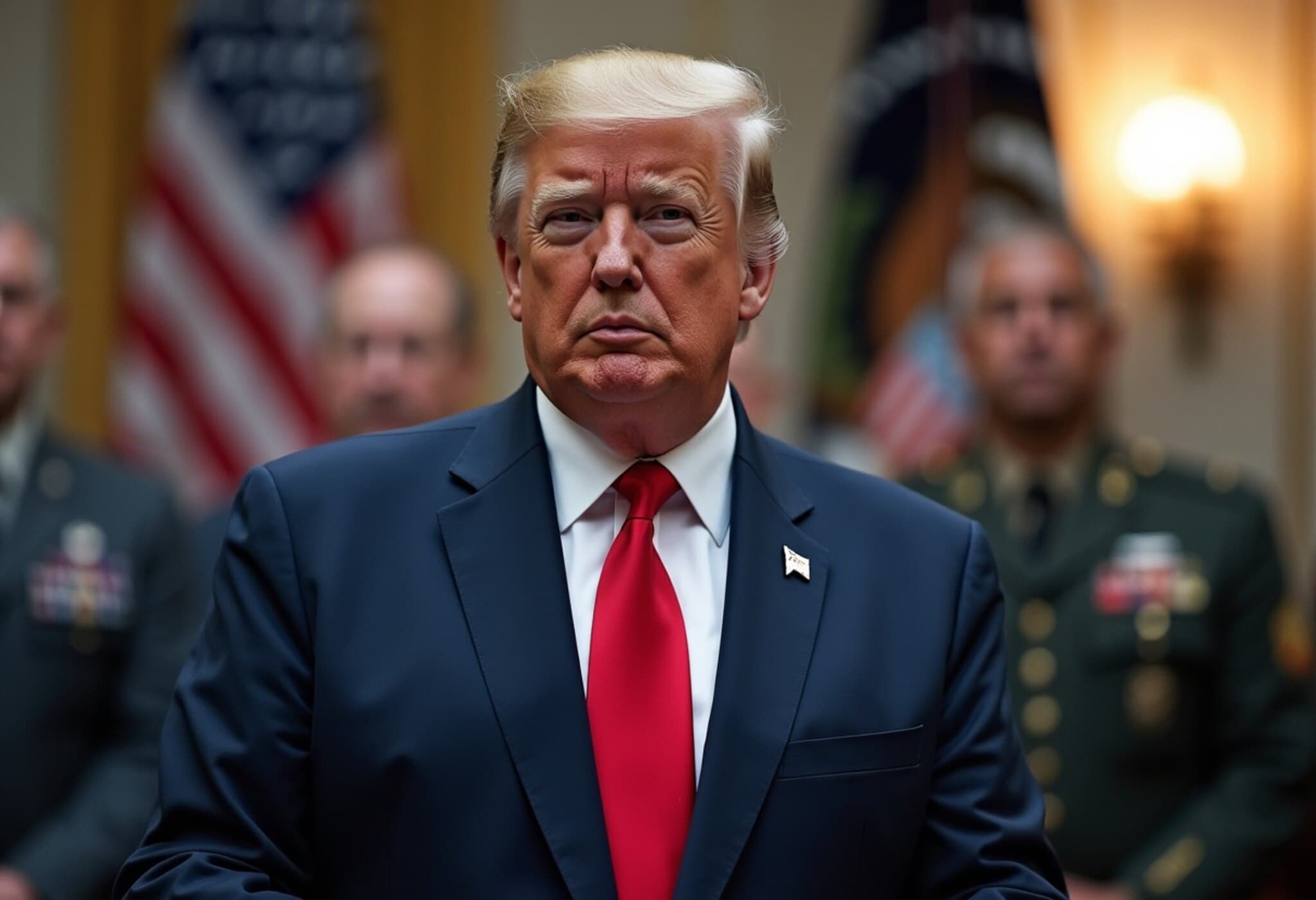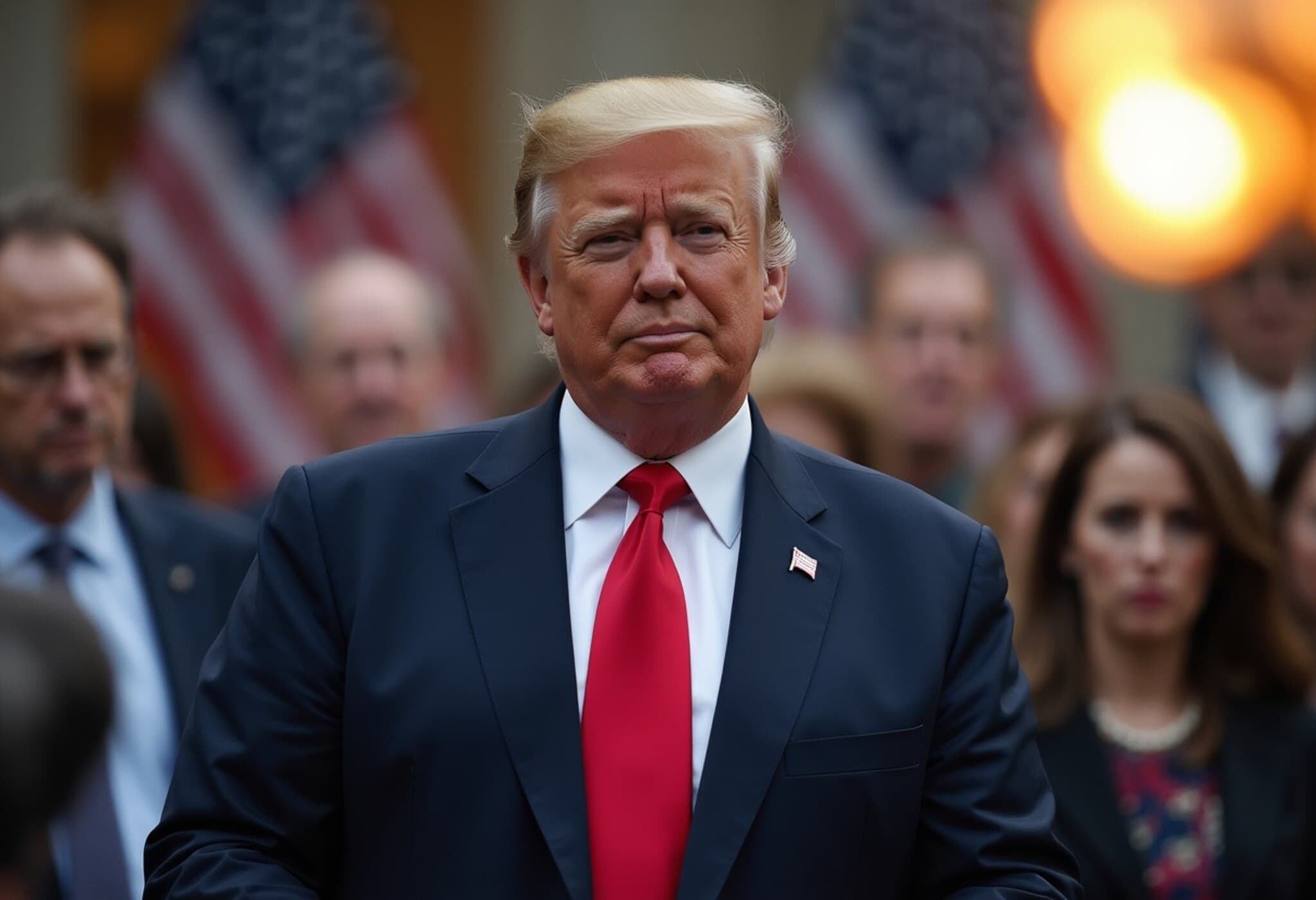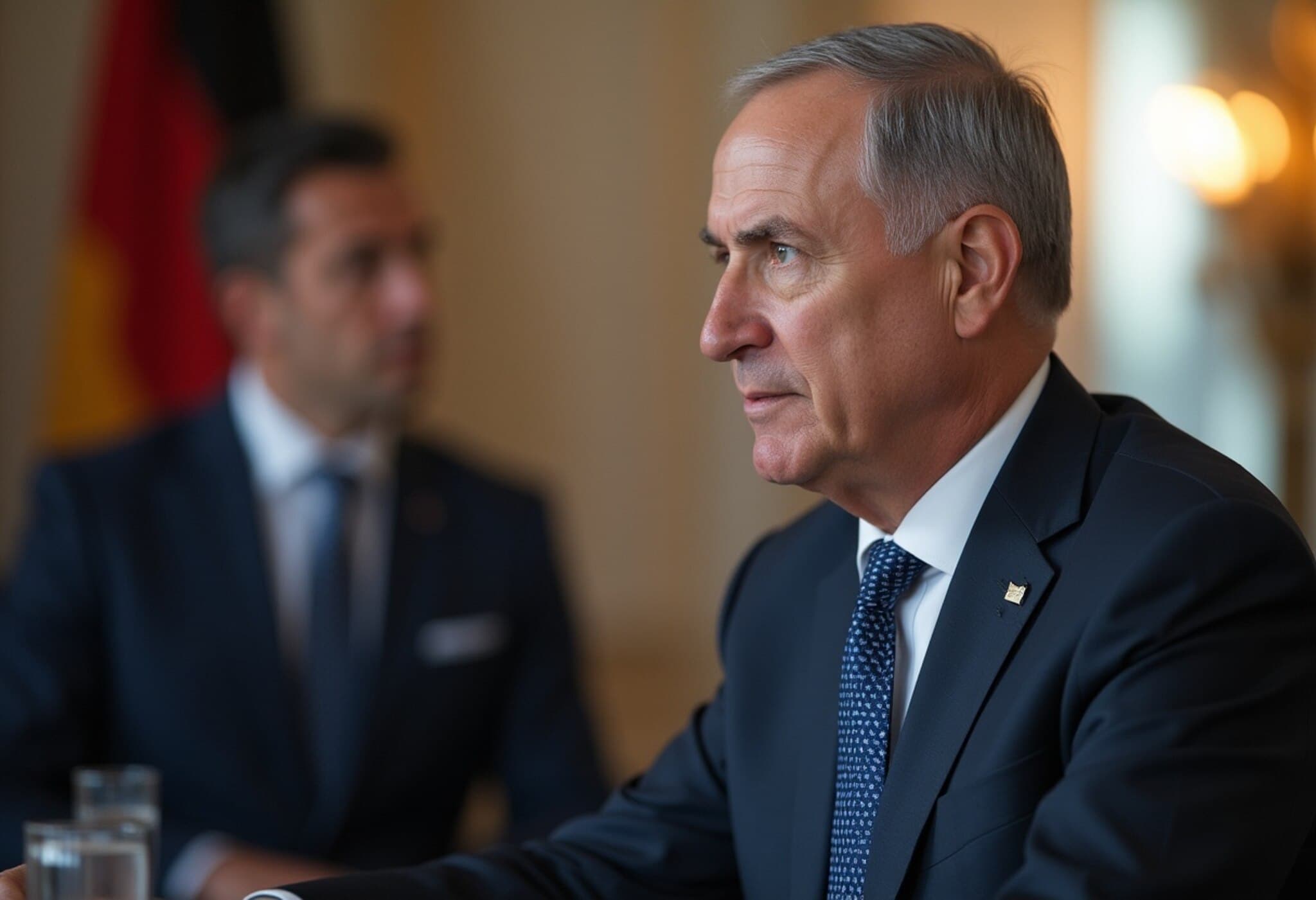Historic Vote Passes Trump’s $9 Billion Rescission Plan
In a closely contested vote that underscores the deep partisan divisions in Washington, the US House of Representatives approved President Donald Trump’s unprecedented request to rescind nearly $9 billion from foreign aid programs and public broadcasting. The legislation passed by a razor-thin margin of 216-213 and now awaits the president’s signature.
First Major Success for Presidential Rescission Efforts in Decades
This marks the first time in decades that a sitting president has successfully maneuvered such a large-scale rescission package through Congress. Traditionally, rescissions enjoyed at least some bipartisan support, but this latest move was passed strictly along Republican lines, signaling a more aggressive stance from the executive branch aligned with the GOP agenda.
House Speaker Mike Johnson of Louisiana framed the vote as a necessary step toward returning to "fiscal sanity," emphasizing the urgency to cut back what Republicans describe as excessive and politically biased spending.
Impact on Public Broadcasting: A Life Line at Risk
The rescission cancels the entire $1.1 billion allocation slated for the Corporation for Public Broadcasting (CPB) over the next two fiscal years. This funding is critical for more than 1,500 local stations nationwide, many serving rural and underserved communities.
Opponents warn that slashing CPB funds threatens vital community lifelines. Senator Lisa Murkowski (R-Alaska), whose state’s public stations provided crucial tsunami alerts amidst a recent 7.3 magnitude earthquake, highlighted public broadcasting’s role beyond “news” — as a critical public safety system.
While Senate Republicans brokered a partial relief for Native American public radio stations by redirecting some Interior Department funding, the promised fix was described as a “short-term, half-measure” by Kate Riley, president and CEO of America’s Public Television Stations.
Foreign Aid Cuts: Diplomatic Ripples and Global Consequences
The bulk of the reductions—approximately $8 billion—target programs supporting humanitarian aid, refugee assistance, and international development in regions grappling with drought, disease, and political instability.
- $800 million cut from emergency shelter and family reunification aid for refugees.
- $496 million removed from disaster relief and health care support.
- $4.15 billion slashed from economic and democratic institution-building efforts.
Democrats express deep concern that these cuts could damage America's global standing and create vacuums that adversaries like China could exploit, with House Democratic Leader Hakeem Jeffries calling this a “China first” bill rather than an America First initiative.
In contrast, the White House argues that the cuts incentivize other nations to shoulder more responsibility and relieve American taxpayers of unnecessary burdens. Representative Virginia Foxx, Chair of the House Rules Committee, emphasized that these rescissions reclaim “the people’s money.”
Importantly, a $400 million cut to the President’s Emergency Plan for AIDS Relief (PEPFAR)—a universally acclaimed program since the George W. Bush administration—was withdrawn following bipartisan objections.
Legislative Process and Political Dynamics
Unlike many spending bills requiring a supermajority to overcome filibusters, this rescission passed with a simple majority due to specific procedural rules triggered by the president’s request. This facilitated passage on a strict party-line vote, although Republican Senators Lisa Murkowski and Susan Collins joined Democrats in opposition.
Some GOP members openly expressed reservations about the precedent set by ceding significant budgetary authority to the executive branch without robust Congressional oversight.
Senate Armed Services Committee Chairman Roger Wicker urged caution, highlighting the lack of transparency about the precise fallout of the cuts.
What Lies Ahead: The Future of Fiscal Battles
Russ Vought, director of the Office of Management and Budget, welcomed the vote, interpreting it as indicative of growing momentum for fiscal responsibility. Yet, he acknowledged that the relatively modest $9 billion reduction was tailored for palatability in Congress, hinting at more rescission efforts to come.
Meanwhile, critics warn this approach risks undermining traditional bipartisan compromise, potentially escalating budgetary tensions and complicating future negotiations on pressing national priorities.
Expert Insight: Balancing Fiscal Responsibility with Strategic Investment
From a policy perspective, these cuts raise profound questions about America’s long-term strategic posture. While reducing wasteful spending is commendable, eliminating funds for public broadcasting and foreign aid—both pillars of soft power and domestic cohesion—may erode vital capacities.
American public media, especially in rural areas, serves as a critical information and emergency notification infrastructure, while foreign aid programs foster global stability that indirectly safeguards US interests. The trade-offs involved underscore the complexity of fiscal austerity in a globally interconnected world.
Editor’s Note
This landmark rescission vote signifies a new chapter in the evolving tug-of-war over federal spending power between Congress and the presidency. It spotlights the growing political calculus prioritizing immediate fiscal cuts over bipartisan strategic investment. Readers are encouraged to consider the broader implications: How will these cuts affect the American public’s access to reliable information and emergency services? What diplomatic consequences might arise from diminished humanitarian and development aid?
As this story unfolds, monitoring the balance between fiscal responsibility and preserving critical public goods will remain essential to understanding the trajectory of US domestic and foreign policy dynamics.

